#Production
Toyota Confronting Widespread Factory Stalls in Asia
Toyota Motor Corp is currently having to contend with idle factories in Asia, reducing the automaker’s estimated output by over 47,000 units this month. Shockingly, it’s not alleged to have anything to do with the semiconductor shortage that’s been wreaking havoc on Western markets.
With chip production having been localized primarily in China and Taiwan, Asian suppliers have had better access to them. But Eastern markets have still been subjected to other routine plant closures due to supply chain restrictions stemming from the pandemic. Existing protocols in China, combined with renewed restrictions in Japan, have created a situation impacting numerous automakers with Toyota announcing this week that it probably won’t reach its goal of manufacturing 9 million cars this year — though it made sure to include the ongoing semiconductor issue as relevant.
GM Signs Agreement to Build Battery Processing Facility
The all-electric roadmap at General Motors continues apace. This week, the company announced plans to form a joint venture with a group called POSCO Chemical, an outfit that has nothing to do with our News & Social Media Contributor despite sharing a curiously similar surname.
GM’s plan calls for the parties to construct a facility in North America which will process critical battery materials for The General’s new Ultium electric vehicle platform. Note well: these are the gubbins planned to be used in upcoming rigs like the Lyriq and Hummer EV, not the maligned Bolt EV.
Rumor Has It Rivian Will See More Production Delays
Rivian may be experiencing more production delays. Maybe this is why it now apparently has a delivery-time estimator on its build site?
Will Chip Shortage Dethrone GM's Sales Dominance?
Ninety years. That’s the amount of time that General Motors has led the sales charts in the U.S.
That may change this year, according to industry bible Automotive News, because of the ongoing microchip shortage.
Lucid Motors Becomes an Automaker
Production of the 2022 Lucid Air started this week, adding another automaker to the North American roster. The manufacturer held an event on September 28th, inviting Arizona Governor Doug Ducey, relevant executives, big-time investors, select media outlets, and customers who dropped $170,000 to purchase the limited Dream Edition of the electric vehicle.
While often framed as a Tesla ripoff, Lucid Motors has been setting its sights so high that it hardly feels like a fair assessment. Because the Air is offering one of the most impressive all-electric spec sheets in the industry right now and should probably worry the competition.
Rivian Completes First Production Vehicles Intended for Customers
Despite EV startups taking a lot of flak for habitually overpromising, sometimes on a level that approaches criminal fraud, things appear to be going rather well at the Rivian factory. Founder and CEO Robert Joseph “RJ” Scaringe announced that the company started building its very first production units on Tuesday.
With the necessary regulatory certifications in hand, Rivian can now begin delivering vehicles directly to customers and the timing couldn’t be much better. The electric brand had said it was basically done with prototypes and ready to spin up the assembly lines for the final product late last month. While this still placed it a bit behind schedule, the company now says it has all the necessary certifications from the relevant regulatory agencies (NHTSA, EPA, CARB, etc.) and an automobile that’s been federally approved for sale.
Report: Ford Leaving Indian Market, Ending EcoSport Production
Ford appears to be pulling out of India, with the automaker confirming plans to end production there by next year. While a sizable automotive market — fifth just behind Japan, with about 2.5 million sales annually — the region never felt like a good fit for Blue Oval. Ford’s cash cows have long been upsized SUVs and pickup trucks, whereas India has an obvious penchant for small automobiles prioritizing value above all else. This left the automaker with a paltry market share estimated below two percent and likely explains why it’s no longer interested in manufacturing vehicles there.
In Thursday’s announcement, the company confessed to having accumulated operating losses of more than $2 billion over the last decade — hence the need for restructuring. But it won’t be cutting ties with India entirely, as it wants the region to handle Ford Business Solutions and help with customer support services via the relevant information centers.
GM Halts Production at Nearly All U.S. Plants, Chip Shortage to Blame
The chip shortage has struck again.
General Motors is going to temporarily halt production at most of its North American assembly plants, starting Monday, because the shortage of semiconductor chips continues.
Chip Shortage Demolishes Toyota Vehicle Production, Pandemic Blamed
Despite being one of the only manufacturers not to incur heavy production losses over the global semiconductor shortage, Toyota has announced that its luck has finally run out. The automaker is estimating that it will need to cut assembly by 40 percent this September.
It’s not alone. Both Ford and General Motors have announced they’re also stifling production this week to account for a deficit of chips. Even Volkswagen Group has been cautioning that it might schedule more downtime going into the fall. But that’s basically been the story for all of 2021. Toyota just happens to be the newest inductee.
Place Your Bets: German Gigafactory Operational By October?
Tesla Gigafactory has been hit with more red tape than a last-minute Christmas present and is reportedly nearing completion. Elon Musk even suggested the facility could be producing vehicles by the end of October. However, some of the language emanating from his recent 0n-site engagement has us wondering what the odds are on that becoming a reality. The facility has already been delayed on more than one occasion by environmental activists and bureaucratic hang-ups. Though it now appears to be within a few weeks of commencing operations, Tesla’s CEO didn’t sound overly optimistic about the target.
On Friday, Musk met with Armin Laschet — Germany’s leading Conservative candidate to succeed Angela Merkel as chancellor — to tour the grounds of Gigafactory Berlin (technically Gruenheide). Though the main event was Elon’s preceding meeting with local Brandenburg officials that have not yet given final approval on the facility, citing ecological concerns.
More Ford Delay Woes: Chip Shortage Slows Mach-E Deliveries
If today’s news regarding production delays at Ford was a game of Clue, the first victim would be Bronco, caused by hardtops. Now it’s Mach-E, with lack of chips being the weapon.
Ford Bronco Hardtops to Be Replaced, Delays Continue
Ford is continuing to have hard-top issues with the Bronco. So much so, that according to Bronco6G via Autoblog, the company will replace all the molded-in-color hardtops it has built up to now.
Tesla Cybertruck Delayed Until 2022
Tesla’s Cybertruck has been delayed. The automaker updated its online vehicle configurations to reflect that the model will no longer be arriving in 2021. The pickup’s new launch date is set for sometime in 2022, with no hints on what part of the year the company plans on getting the assembly lines humming.
Though there’s little reason to get bent out of shape. Tesla has always been notorious for delaying vehicles and the automotive sector is currently in a state where you’d probably be more shocked to learn that Cybertruck was arriving on time. Besides, Tesla now has more time to dangle the model in front of consumers as a way to keep itself relevant.
General Motors Halts Pickup Truck Production Again
It’s no surprise that automotive computer chips are harder to find than potato chips at a Beachbody convention. GM has been hit hard by the shortage, forced to idle production of its most profitable machines while choosing to de-content some of their vehicles in a bid to keep the lines humming.
Truck production will take another hit this week, with a trio of pickup plants scheduled to fall silent for seven days starting on August 9th.
GM Prioritizing Pickup Production Over Crossovers, Sedans
General Motors will resume full-size pickup assembly next week, leaving its crossovers will have to continue enduring production hang-ups related to the semiconductor shortage. American manufacturers have been absolutely creamed by supply shortages this year and a lack of chips really hurt pickup volumes. We’ve seen a lot of creative solutions, including automakers putting unfinished vehicles on the lot in hopes that they can install the missing hardware later.
But GM’s latest solution involves prioritizing Michigan’s Flint Assembly, Indiana’s Fort Wayne Assembly, Silao Assembly in Mexico — all of which were previously idled or operating on reduced schedules. Unfortunately, that means giving other North American facilities more downtime and, sadly, plenty of it.






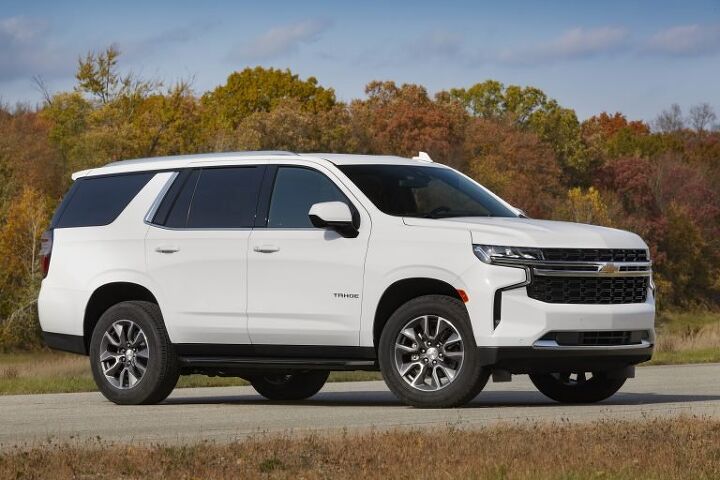
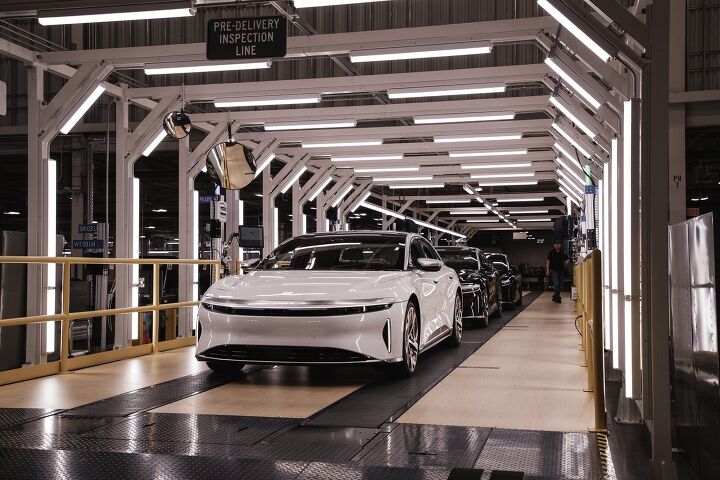
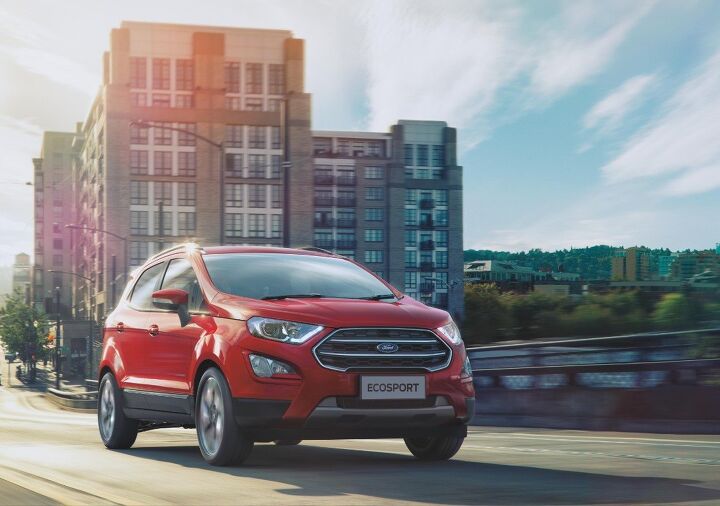
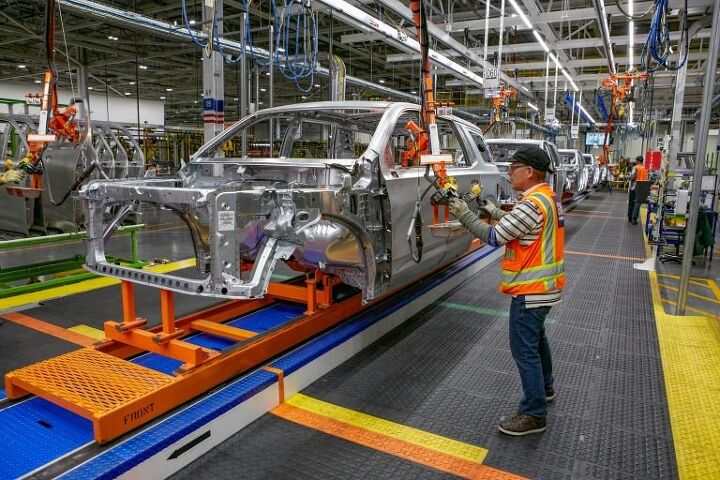
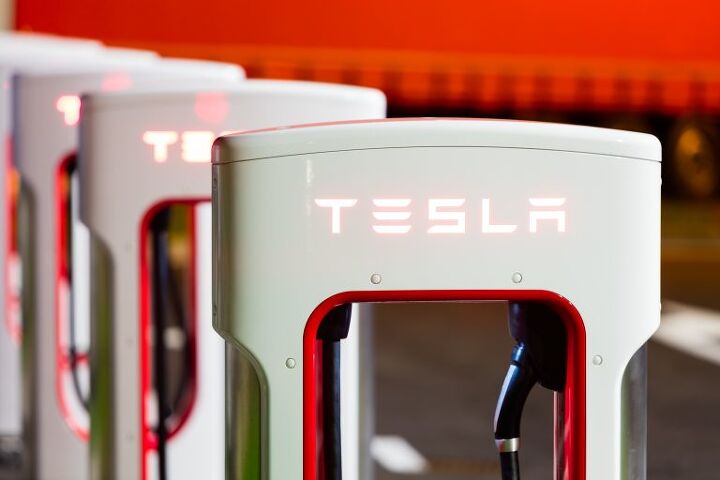



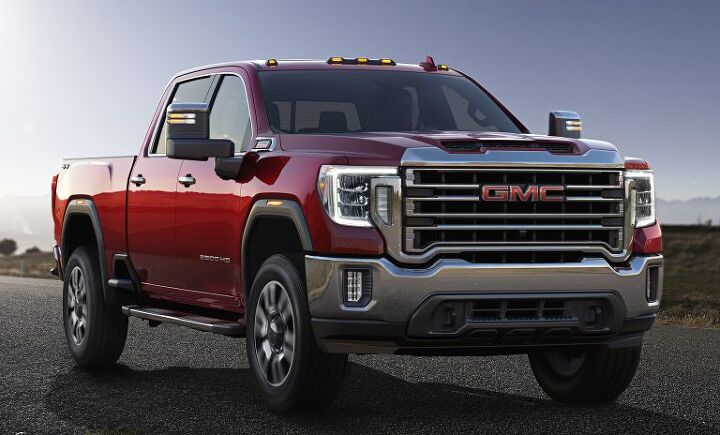
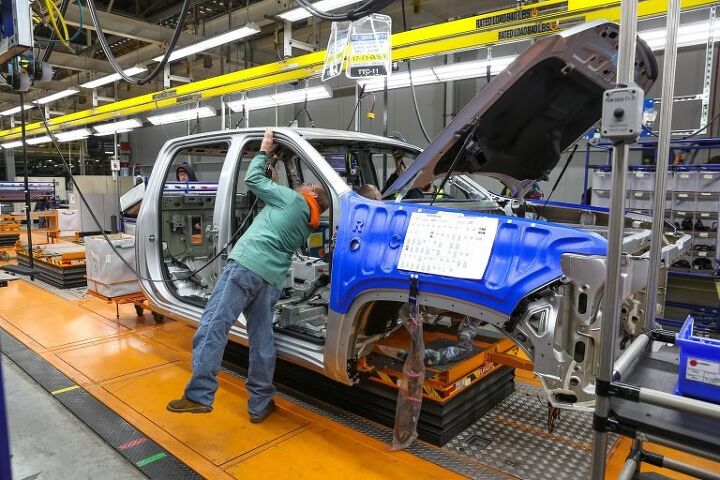












Recent Comments